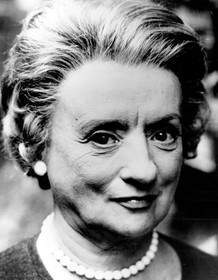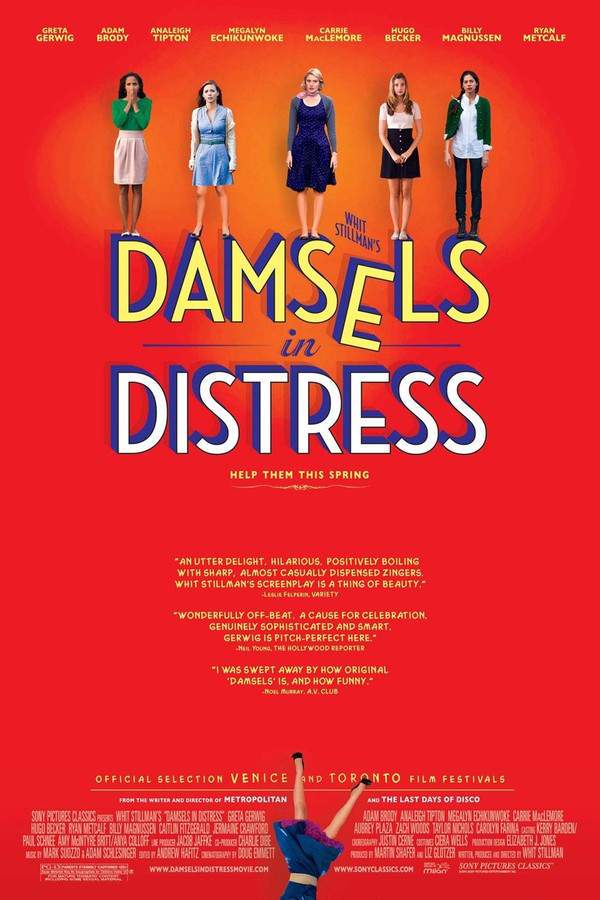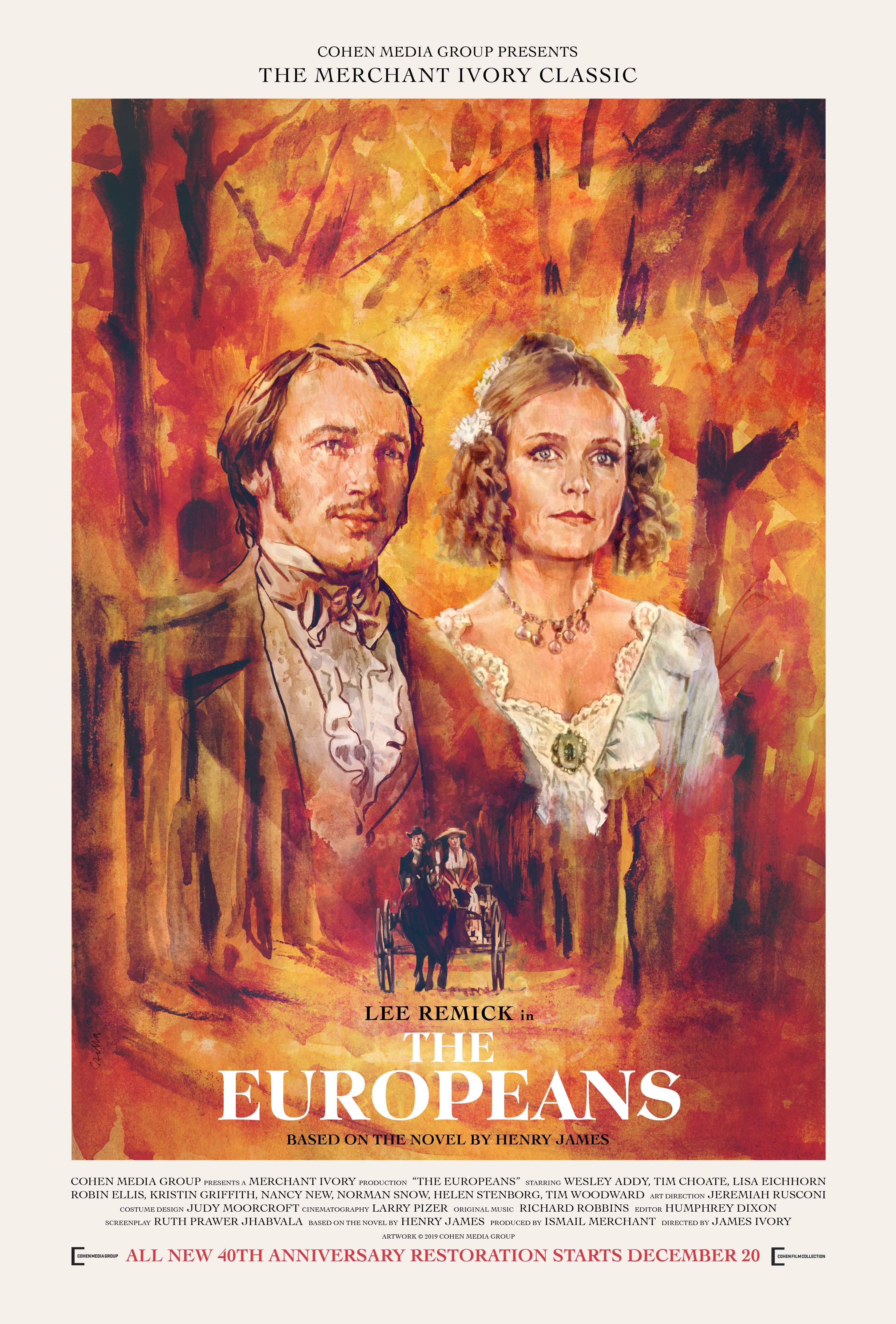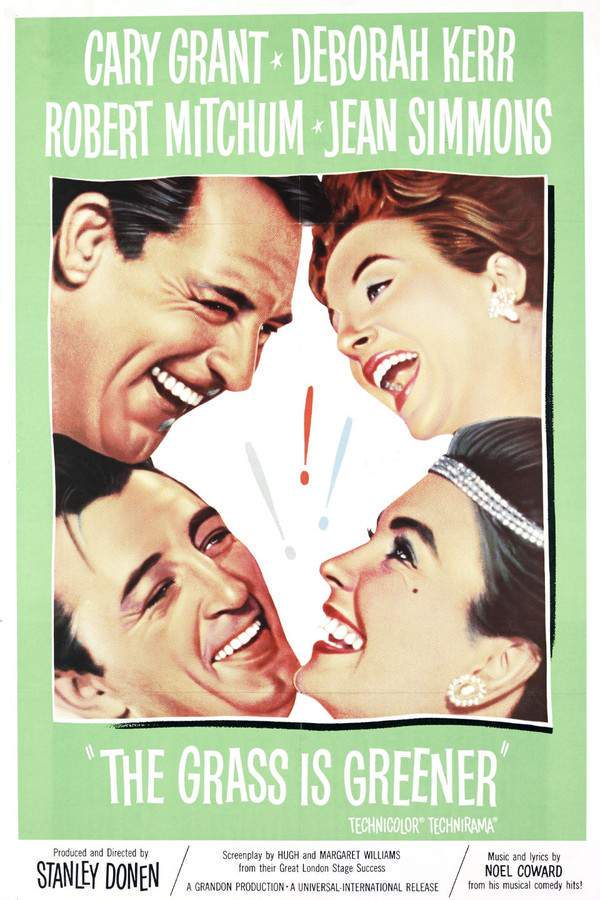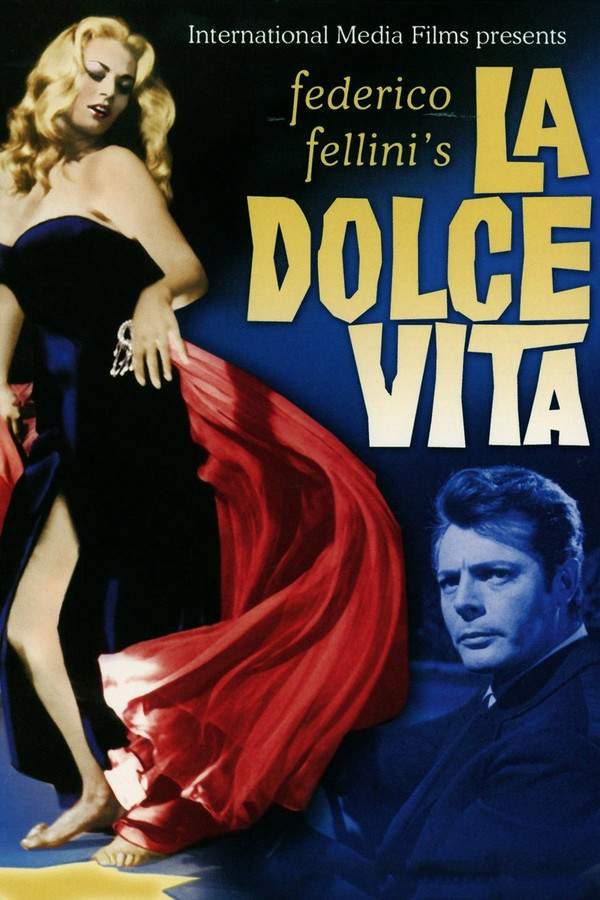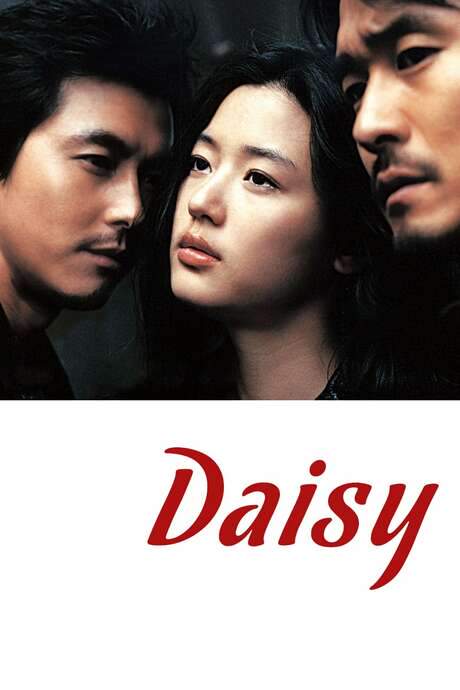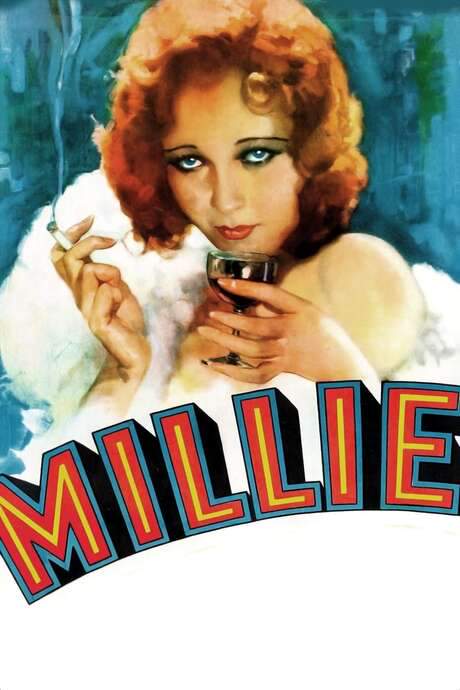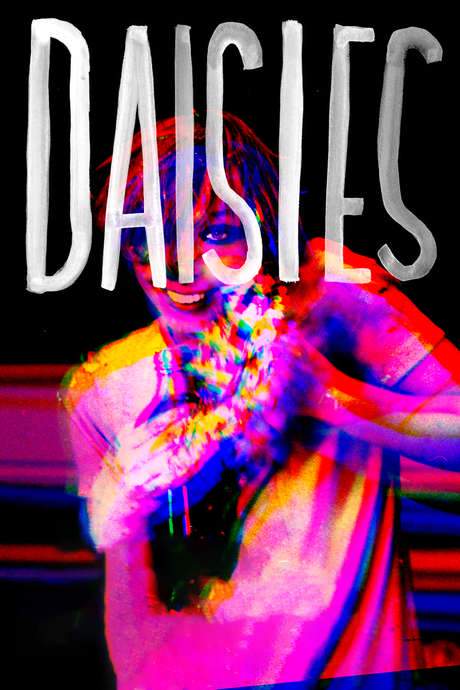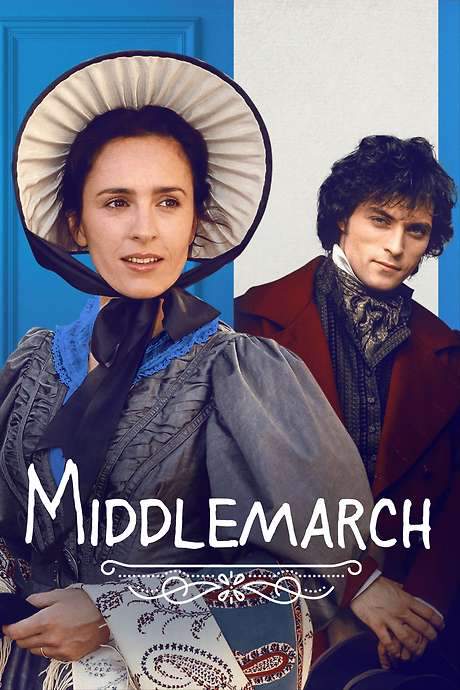Daisy Miller 1974
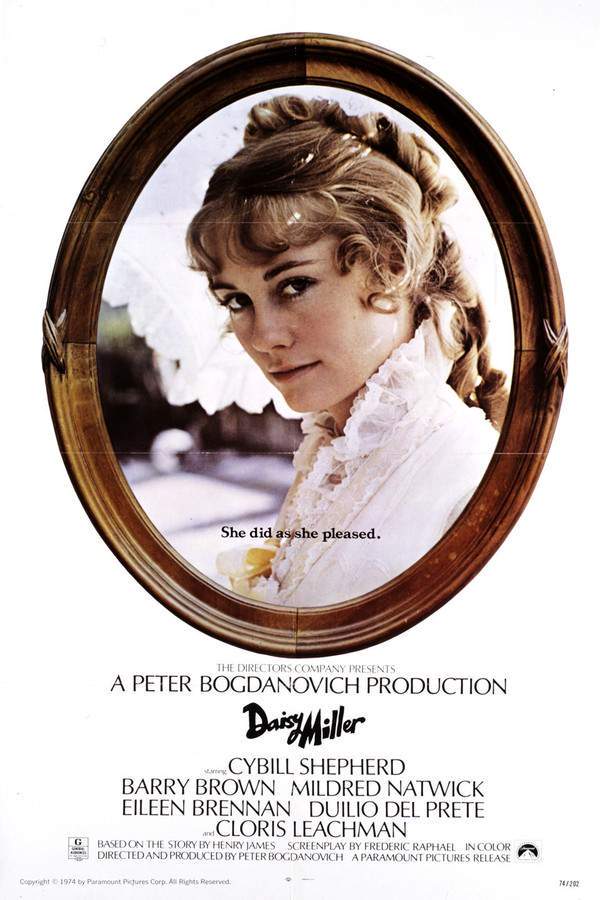
A young American woman traveling through Europe with her mother finds herself drawn to the allure of a different lifestyle, challenging the rigid social customs of the European elite. Her unconventional behavior and spirited nature captivate a young American expatriate, but also draw criticism and scandal within the traditional circles she encounters, leading to complex relationships and unforeseen consequences.
Does Daisy Miller have end credit scenes?
No!
Daisy Miller does not have end credit scenes. You can leave when the credits roll.
Meet the Full Cast and Actors of Daisy Miller
Explore the complete cast of Daisy Miller, including both lead and supporting actors. Learn who plays each character, discover their past roles and achievements, and find out what makes this ensemble cast stand out in the world of film and television.
External Links and Streaming Options
Discover where to watch Daisy Miller online, including streaming platforms, rental options, and official sources. Compare reviews, ratings, and in-depth movie information across sites like IMDb, TMDb, Wikipedia or Rotten Tomatoes.
Ratings and Reviews for Daisy Miller
See how Daisy Miller is rated across major platforms like IMDb, Metacritic, and TMDb. Compare audience scores and critic reviews to understand where Daisy Miller stands among top-rated movies in its genre.

48
Metascore
tbd
User Score


71%
TOMATOMETER

33%
User Score

6.2 /10
IMDb Rating

61
%
User Score
Take the Ultimate Daisy Miller Movie Quiz
Challenge your knowledge of Daisy Miller with this fun and interactive movie quiz. Test yourself on key plot points, iconic characters, hidden details, and memorable moments to see how well you really know the film.
Daisy Miller Quiz: Test your knowledge on the 1974 film adaptation of Daisy Miller, based on Henry James's novella.
Where does the story of Daisy Miller take place?
Vevey, Switzerland
Geneva, Switzerland
Rome, Italy
London, England
Show hint
Awards & Nominations for Daisy Miller
Discover all the awards and nominations received by Daisy Miller, from Oscars to film festival honors. Learn how Daisy Miller and its cast and crew have been recognized by critics and the industry alike.
47th Academy Awards 1975
Costume Design
Full Plot Summary and Ending Explained for Daisy Miller
Read the complete plot summary of Daisy Miller, including all major events, twists, and the full ending explained in detail. Explore key characters, themes, hidden meanings, and everything you need to understand the story from beginning to end.
In the picturesque town of Vevey, Switzerland, young Randolph C. Miller—a lively American boy—explores a hotel on his own. He approaches another American, Frederick Winterbourn, on the outdoor patio, promptly asking for a lump of sugar. The scene takes a turn when Annie P. Miller, affectionately known as Daisy, strolls in carrying a parasol, and Randolph enthusiastically introduces her as his older sister. Frederick quickly engages with Daisy, unearthing their shared origins from upstate New York and their anticipation of visiting Italy after their Swiss stay. Daisy, with her effervescent personality, overwhelms Frederick with her chatter, making plans to visit Chillon, a historic castle nearby.
Later, during a meal, Frederick’s aunt, Mrs. Costello, warns him about the Millers, implying that Daisy and her mother exhibit bad manners through their familiarity with their European courier, Eugenio. She expresses concern that they may be socializing too freely, even dining with him. When Frederick shares his plans to visit Chillon with Daisy, Mrs. Costello scolds him for associating with what she deems an unrefined family. After dinner on the patio, Frederick finds Daisy there, and although she senses that Mrs. Costello disapproves of her, she reassures Frederick not to lose sleep over it.
As their connection deepens, Daisy pleads with Frederick to take her out on a boat. However, Mrs. Miller’s disapproval prevails, and with Eugenio’s intervention, Daisy is forbidden from going. As Daisy departs, she expresses a hope that her disappointment won’t keep Frederick awake. The following morning, both Frederick and Daisy run to catch the ferry to Chillon, where Frederick reveals his past of schooling in Geneva and living in Europe. He recites a poem, stirring Daisy’s desire for him to teach Randolph, but Frederick must decline the invitation to Italy, promising only to return to Geneva.
Frustrated by his rejection, Daisy confronts him outside, probing whether he has a romantic interest elsewhere; he adamantly denies it. Once their tension fades, she suggests he meet her when her family is in Rome, to which he eagerly agrees. Soon after, Frederick visits his aunt in Rome, whose gossip about Daisy reflects poorly—she has been seen mingling with an Italian gentleman. At a tea gathering hosted by Mrs. Walker, Frederick and Daisy’s flirtation surfaces, leading Daisy to insist on escorting Frederick to her next outing.
However, complications arise when Mrs. Walker observes Daisy in the park with Mr. Giovanelli and feels compelled to intervene due to Daisy’s perceived reckless association with two men. Despite Daisy’s pleas for Frederick’s opinion on the matter, he aligns with Mrs. Walker’s concerns. Frustrated, Daisy departs with Giovanelli while Mrs. Walker harshly insists Frederick join her. Fredericks waits for a moment but ultimately redirects his attention back to Daisy.
One evening, Mrs. Miller interrupts a party at Mrs. Walker’s, explaining her daughter’s lateness due to singing and playing piano with Giovanelli. As Daisy insists Giovanelli perform for the guests, Frederick warns her about the impropriety of her actions, stemming from different cultural expectations regarding flirtation. Daisy dismisses his advice and returns to Giovanelli after his performance. Mrs. Walker’s disapproval reaches its peak when she announces that Daisy will never be welcome at her home again.
Frederick finds himself caught in the middle of a social quagmire as he repeatedly encounters Daisy and Giovanelli. At one point, Frederick witnesses Daisy flouting convention and behaving in ways that he believes are unbecoming. The tension escalates when Mrs. Miller expresses romantic expectations not entertained by Frederick, leading him to confront Daisy about her flirtations with Giovanelli, viewing her behavior as dangerously careless.
As the story unfolds, misfortunes befall Daisy when it’s revealed she has contracted the Roman flu, compelling Frederick to visit the Millers’ hotel suite. Mrs. Miller reveals that Giovanelli has mysteriously vanished from Daisy’s side, and Daisy insists that Frederick know she is not engaged.
In an evocative turn of events, Frederick attends Daisy’s funeral alongside Giovanelli and the Miller family. Reflecting on Daisy’s innocence, Giovanelli explains that while she was like no other, their engagement was never a possibility. Ultimately, Frederick confides to his aunt his profound regret for the treatment of Daisy throughout their turbulent interaction, echoing a bittersweet awareness of his lost opportunity.
Uncover the Details: Timeline, Characters, Themes, and Beyond!

Coming soon on iOS and Android
The Plot Explained Mobile App
From blockbusters to hidden gems — dive into movie stories anytime, anywhere. Save your favorites, discover plots faster, and never miss a twist again.
Sign up to be the first to know when we launch. Your email stays private — always.
Watch Trailers, Clips & Behind-the-Scenes for Daisy Miller
Watch official trailers, exclusive clips, cast interviews, and behind-the-scenes footage from Daisy Miller. Dive deeper into the making of the film, its standout moments, and key production insights.
Daisy Miller Themes and Keywords
Discover the central themes, ideas, and keywords that define the movie’s story, tone, and message. Analyze the film’s deeper meanings, genre influences, and recurring concepts.
Daisy Miller Other Names and Titles
Explore the various alternative titles, translations, and other names used for Daisy Miller across different regions and languages. Understand how the film is marketed and recognized worldwide.
Similar Movies To Daisy Miller You Should Know About
Browse a curated list of movies similar in genre, tone, characters, or story structure. Discover new titles like the one you're watching, perfect for fans of related plots, vibes, or cinematic styles.
Quick Links: Summary, Cast, Ratings, More

What's After the Movie?
Not sure whether to stay after the credits? Find out!
Explore Our Movie Platform
New Movie Releases (2025)
Famous Movie Actors
Top Film Production Studios
Movie Plot Summaries & Endings
Major Movie Awards & Winners
Best Concert Films & Music Documentaries
Movie Collections and Curated Lists
© 2025 What's After the Movie. All rights reserved.






